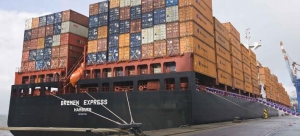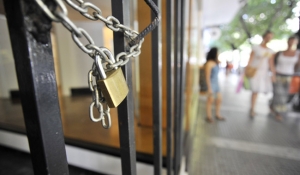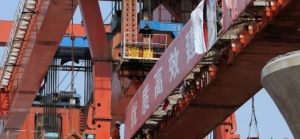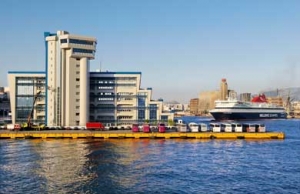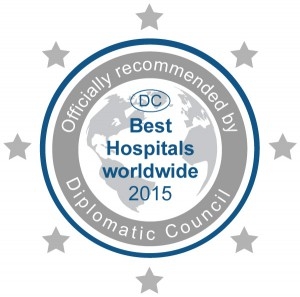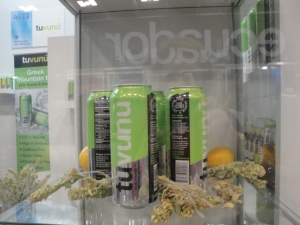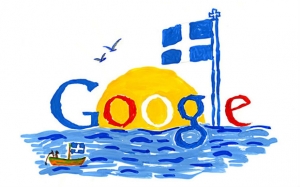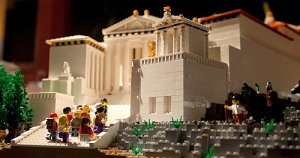World’s most used search engine, Google, announced earlier this month the top Internet searches of its Greek users for 2014. As the company explained, the results of the research concern the year’s fastest rising searches and gives a fair image of what Greeks were interested the most, as well as the latest trends in terms of their online searches, based on the billions of queries made through Google each year.
As expected, and following the publicity it has managed to attract, one of the world’s most important archaeological discoveries, the Macedonian tomb in Casta hill of Amphipolis is placed at the top of the Greeks’ searches for 2014. The revelation of the Amphipolis excavation secrets topped the Greek media headlines for several months as the research was evolving gradually.
The second most searched event was the local elections of 2014, which was one of the most significant political events in the country, while newly launched public broadcaster, NERIT, was ranked third. The top five is completed with Eurovision 2014, and the question “where do I vote,” which is related to the local elections, ranked second.
The top 10 fastest rising searches in Greece for 2014:
Amphipolis
Elections 2014
NERIT
Eurovision 2014
Where do I vote?
University bases 2014
Football World Cup 2014
ypes (Interior Ministry)
iPhone 6
Election results
Furthermore, the most searched persons of Greek users indicates their interest for celebrities, both domestic and foreign. The most searched persons in Greece for 2014 were Robbin Williams, Sakis Boulas, a Greek actor and singer who died of cancer earlier this year, followed by Jennifer Lawrence, Michael Schumacher, whose injury last January occupied the international news for weeks, and Eurovision’s transsexual winner Conchita.
To read more, please visit greekreporter.com
By Aggelos Skordas

